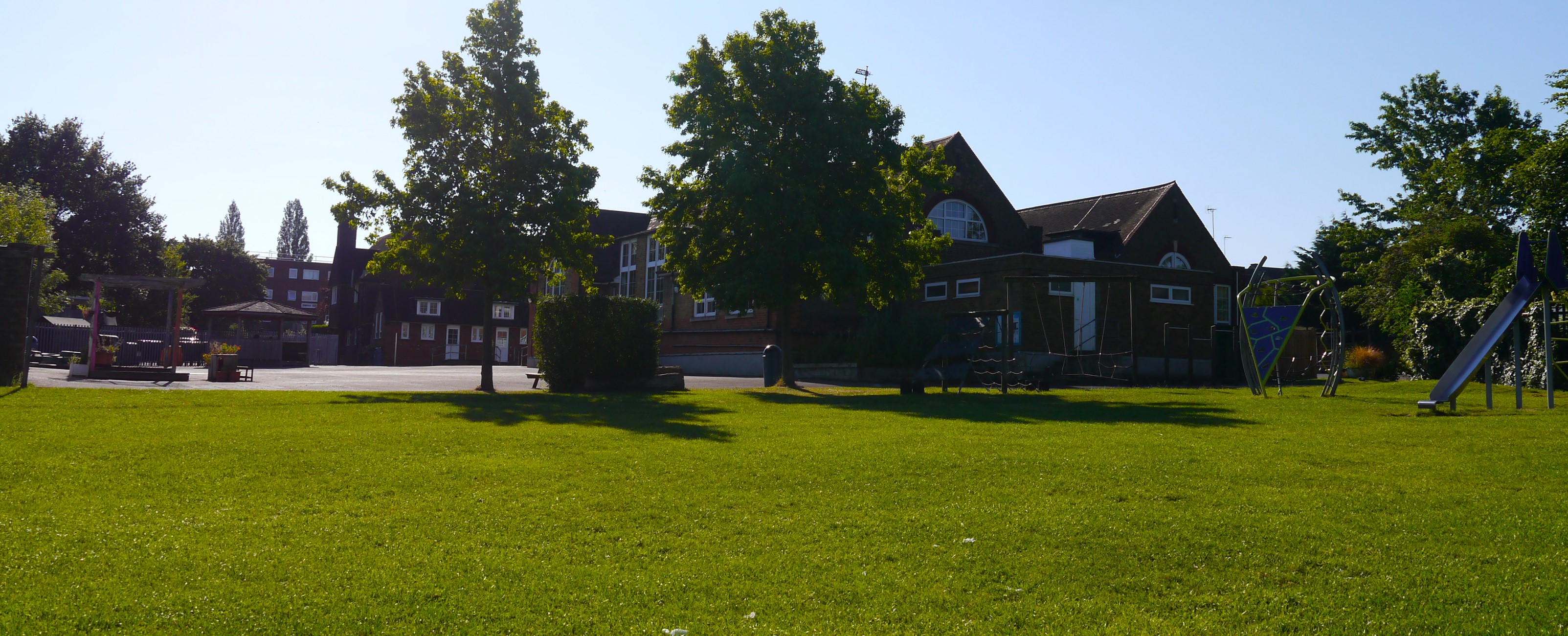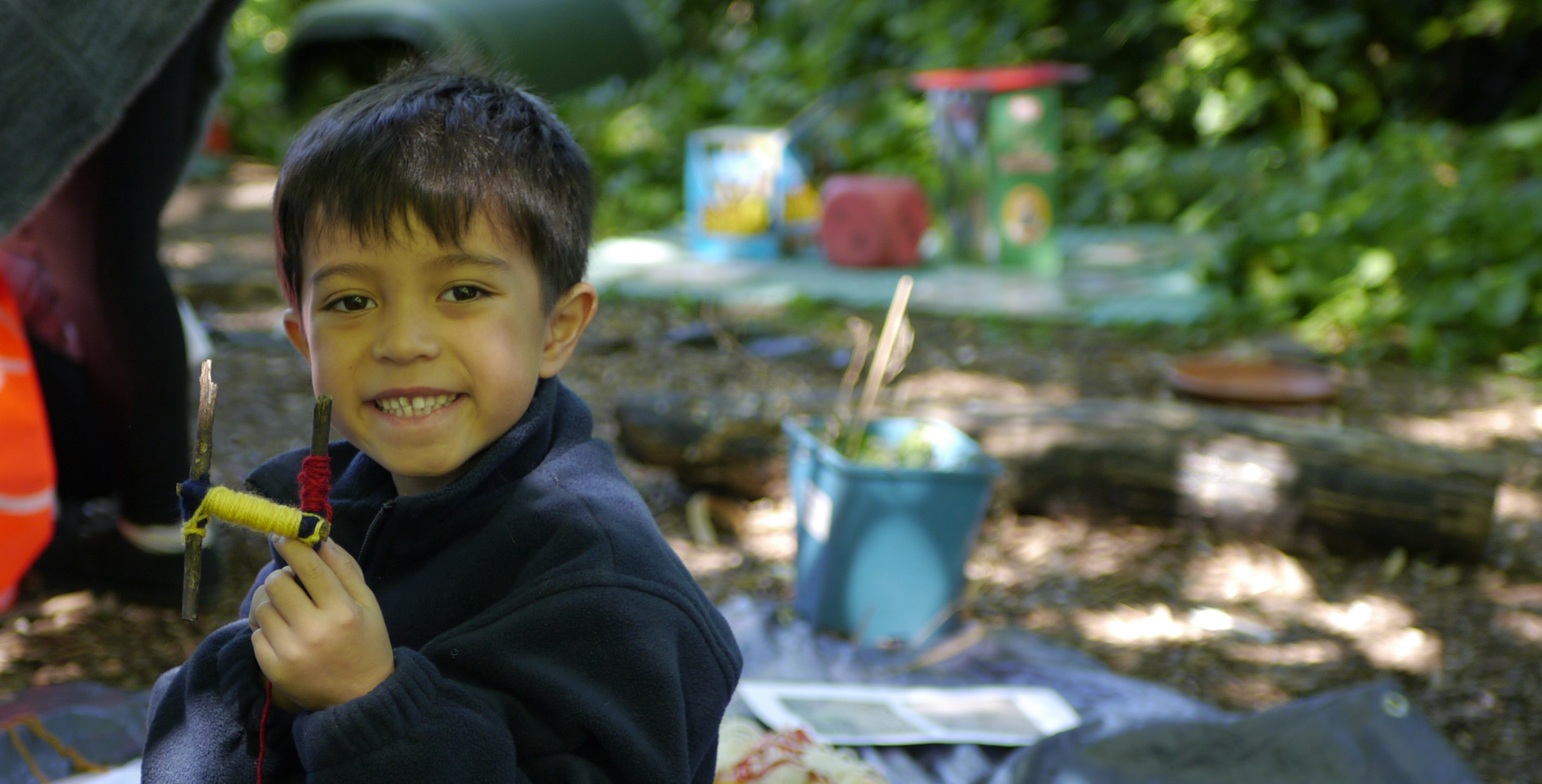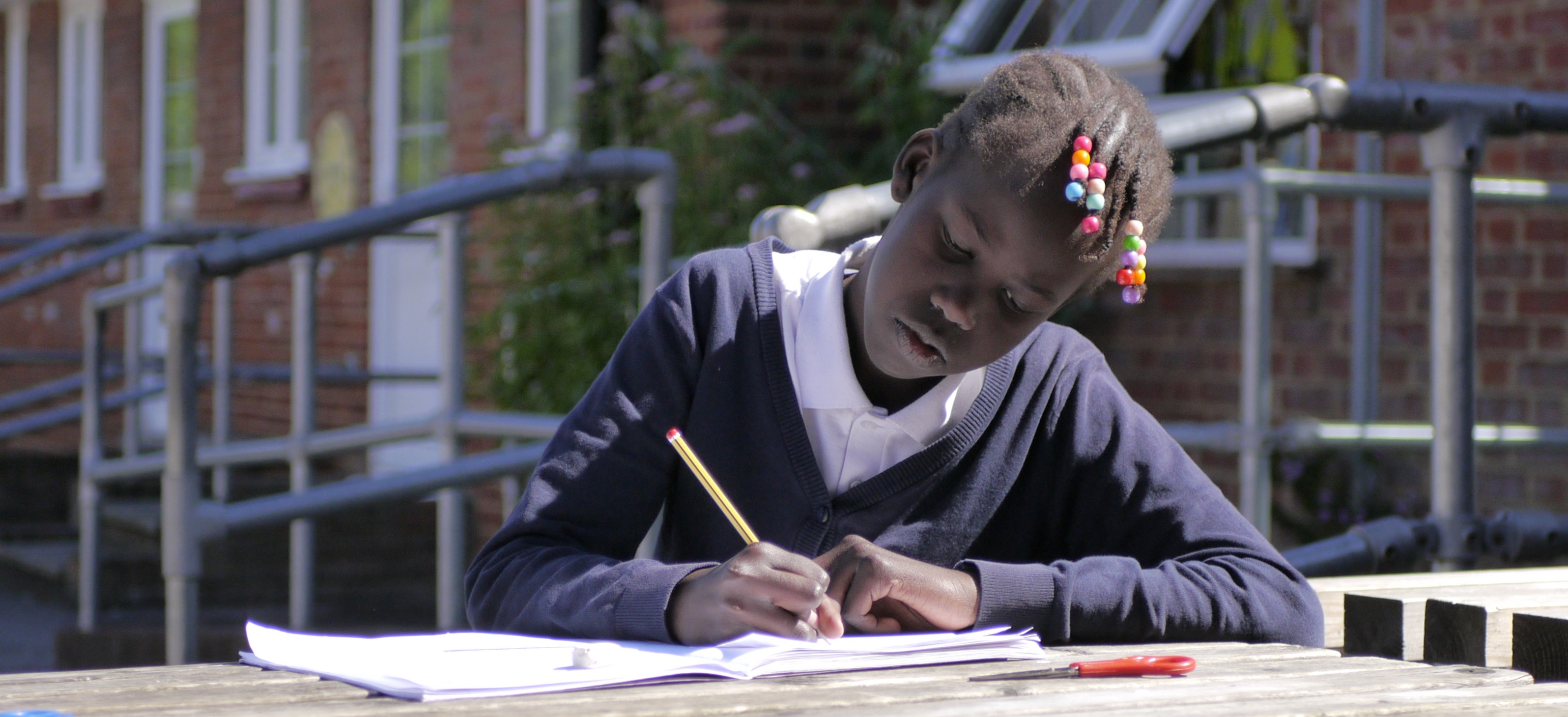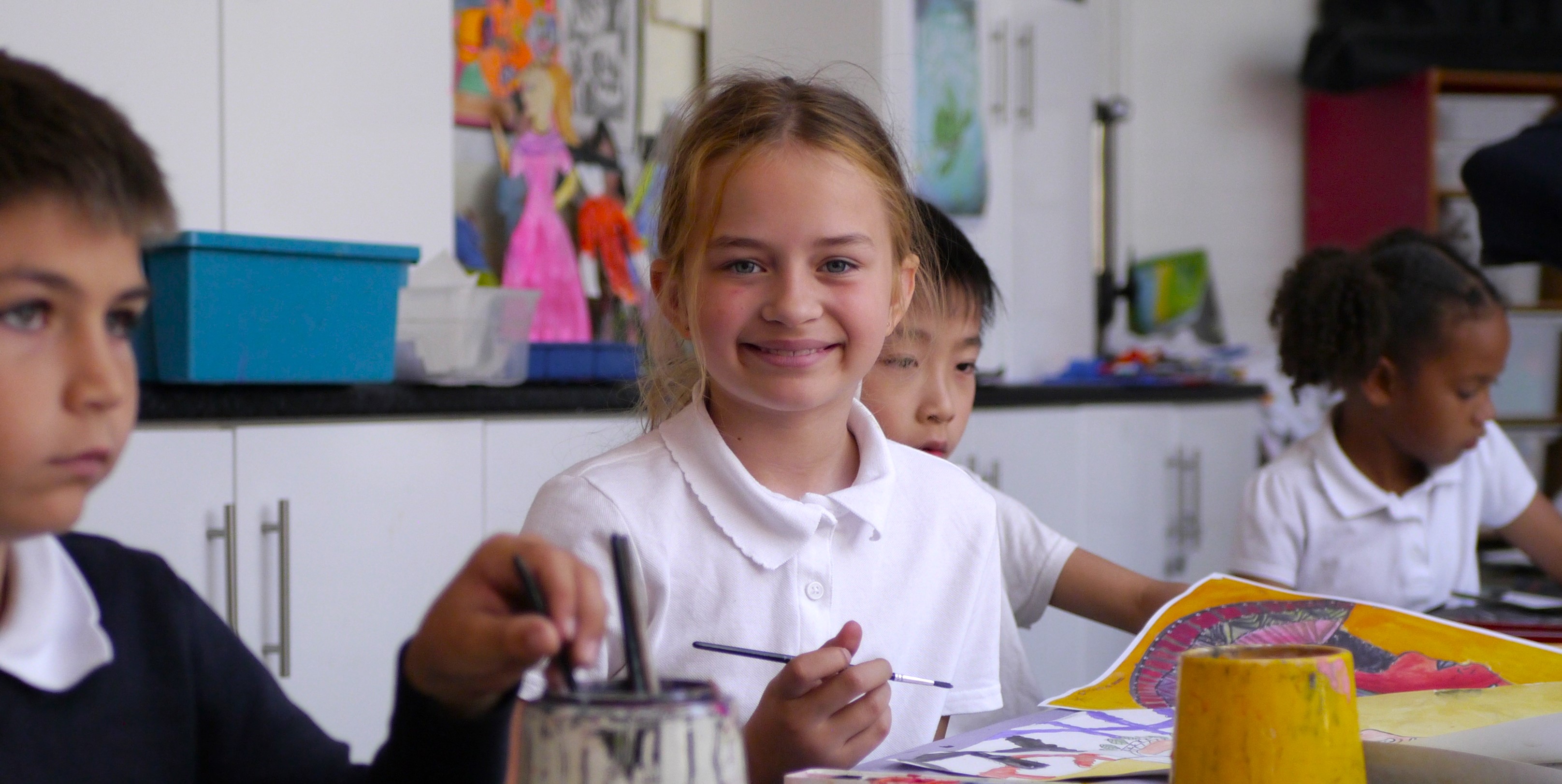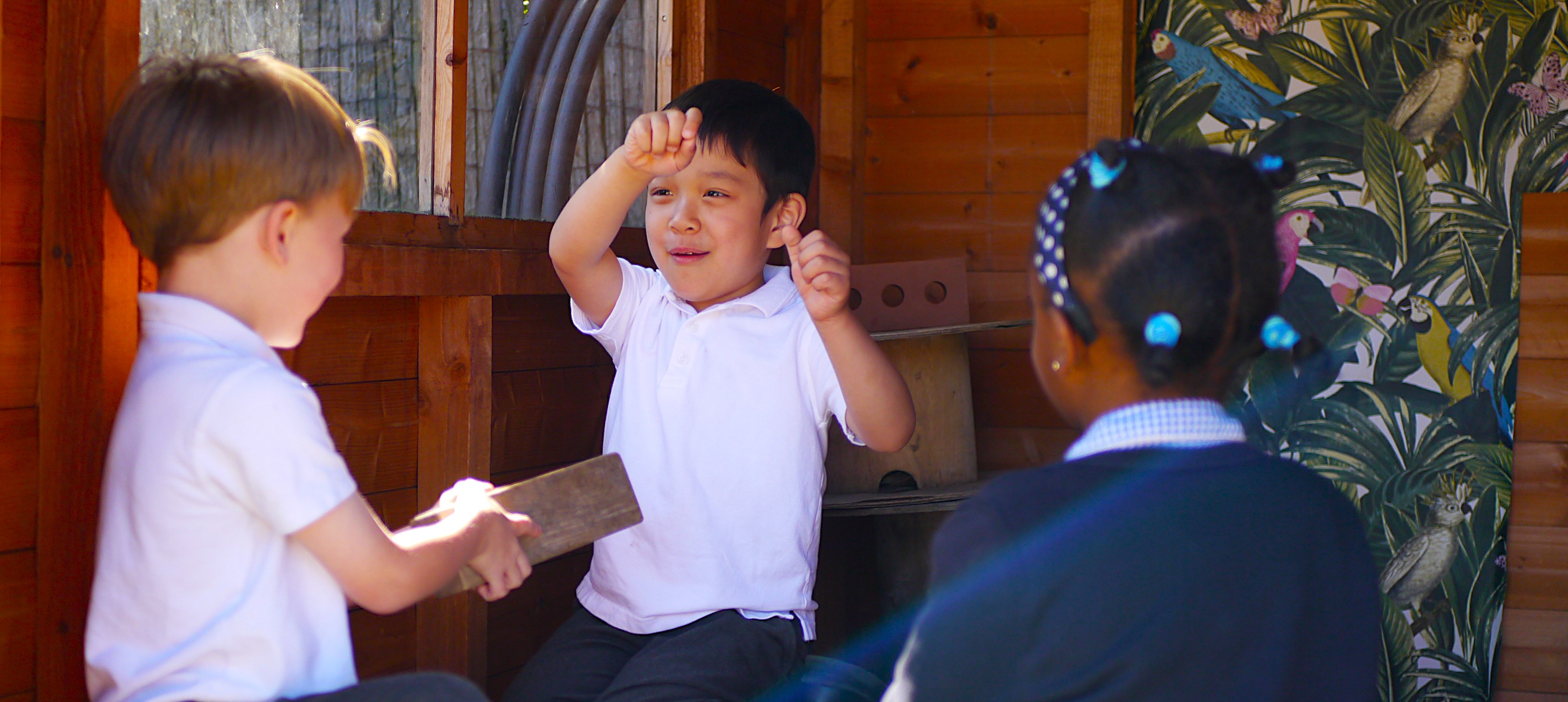Geography
At Hollickwood, we recognise that the study of Geography is key to equipping our pupils with the knowledge and skills that they need to make sense of the world in which we live. The study of Geography supports our pupils to develop a sense of belonging and identity, and to understand their place within the world. Pupils also broaden their knowledge of different places and the people who live there, and gain an understanding of how interconnected and interdependent people are globally. Geography engenders a sense of awe, wonder and curiosity in the natural environment, and helps them to understand the physical processes that have shaped, and continue to shape, our world. By learning about the interactions between the physical environment and humans, and the impact humans can have both positively and negatively on the natural world, pupils develop a sense of personal and shared responsibility for acting in a way that safeguards our planet for future generations. As we reach a tipping point in the climate crisis, this has never been more important.
Our curriculum has been designed with the following in mind:
-The particular needs, strengths and characteristics of our school community.
-The values which we would like to instil in all members of our school community: Curiosity, Compassion, Confidence, Commitment, Courage and Creativity.
-The requirements of the National Curriculum for Geography
Intent
Our Geography curriculum is designed with the aim that all children:
-Demonstrate a curiosity in, and fascination for our natural world.
-Have a secure sense of their place in the world, and how they fit within it.
-Develop inquisitive thinking and enquiry skills that help them to interpret and understand people, places, patterns and change.
-Understand the impact humans can have on the world’s people and places both positive and negative, and show commitment to becoming responsible global citizens who take positive, compassionate action to protect our planet for future generations.
-Are confident geographers who have the substantive and disciplinary knowledge and skills necessary for further study of Geography.
-Have opportunities to think creatively and present their learning in different ways.
-Know how the study of Geography applies, and is relevant to, their everyday life through engaging with real-life issues/contexts and completing hands-on fieldwork in the local area.
Implementation
Teachers have the flexibility to block teach Geography or to teach it weekly according to their professional judgement.
Teachers follow the Long Term Geography Curriculum Overview which sets out the units to be taught in each year group and the order that they should be taught in.
For each unit, there is a detailed Unit Plan which sets out the key expectations of what should be taught (knowledge, skills, vocabulary) and the sequence of lessons. Teachers adhere to these unit plans and are involved in their ongoing development through dedicated time set aside to meet with the Geography Subject Lead. Teachers look at these unit plans carefully so they can see the prior knowledge and skills the children should have as a starting point. This helps to ensure progression in knowledge and skills and will support the revisiting of prior learning.
Learning is objective-driven and the emphasis is on quality rather than quantity to promote deeper learning. Teachers use the Geography Progression Document to inform planning.
Wherever possible, lessons are as hands-on and experiential as possible.
Resources used are of a high quality and avoid stereotyping. For example, photos of real places are always used instead of generic pictures.
Fieldwork, mapping and geographical enquiry is an extremely important part of Geography and fieldwork, mapping and enquiry skills are explicitly taught and developed. Children have opportunities to conduct increasingly challenging, real enquiries within the local area throughout their school journey.
Learning is recorded in different ways including through photos, diagrams, models, presentations and writing. If children are not at the stage that they can show their full understanding through writing, then every effort is made to help them demonstrate their understanding in another way e.g. through a LSA noting down what they say, or through videoing a child conducting an experiment and talking through the steps.
Children are expected to use and apply the key vocabulary for each unit precisely. New vocabulary is explicitly introduced and taught.
Plenaries and mini plenaries are used to draw knowledge together, revisit the learning objective and address misconceptions. Lessons begin with a revisit of prior learning including the core vocabulary taught.
Skilful questioning promotes deeper thinking, and scaffolds children’s thinking building towards answering the key enquiry question for each lesson as set out on the unit plans.
Children are encouraged and supported to ask probing questions to clarify and further their knowledge and understanding.
Appropriate adaptations are made for SEND pupils and ambitious targets are set for them. Teachers should refer to the SEND Adaptations Handbook for further guidance, or discuss adaptations for specific pupils with the SENDCO or Geography Lead.
Impact
Outcomes in books evidence a broad and balanced geography curriculum and demonstrate children’s acquisition of identified key knowledge relating to each of the identified national curriculum outcomes, as appropriate to key stage, locational knowledge, place knowledge and human and physical geography. As pupils progress throughout the school, they develop knowledge, understanding and appreciation of their local area and its place in the wider geographical context.
As a result of our Geography curriculum our children:
-Confidently use new subject knowledge to answer the key enquiry question for each lesson.
-Have the courage and confidence to ask questions and challenge ideas.
-Confidently use new topic-specific geographical vocabulary appropriately in their explanations and work.
-Are able to represent their geographical knowledge and thinking in creative ways.
-With a confident grasp of the substantive and disciplinary geographical knowledge so that they are ready for their next stage in education.
-Are knowledgeable about current global issues such as the impact of climate change, and are committed to being compassionate and responsible global citizens who protect our world for future generations.
